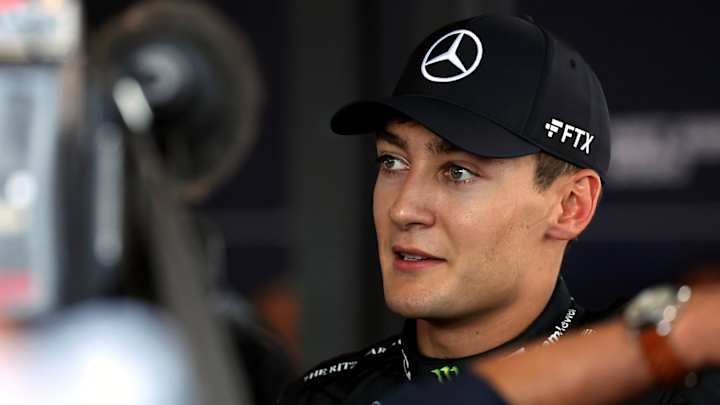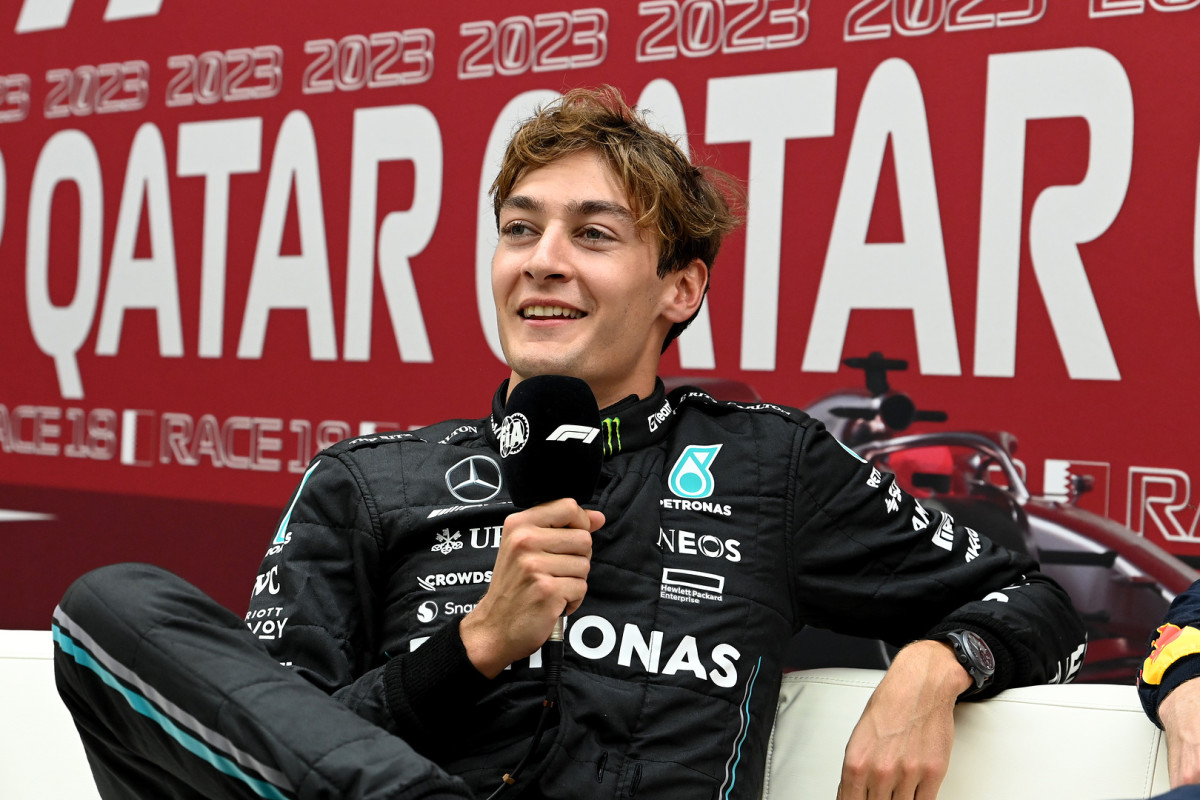F1 News: George Russell Raises 2024 Concerns - "Doesn't Make Sense"

Mercedes F1 driver George Russell has expressed concerns over the demanding nature of the upcoming record-breaking 24-race Formula 1 season, highlighting the toll it takes on drivers and team personnel.
Key Takeaways:
- Unprecedented Schedule: The 2024 Formula 1 season will feature a historic 24 races, including the return of the Chinese Grand Prix and the Emilia Romagna Grand Prix in Imola. This expansion follows a 22-race season affected by cancellations.
- Health and Well-being Concerns: Russell draws attention to the physical and mental strain on drivers and team staff due to constant travel, time zone changes, and varied climates. He advocates for personnel regulations to mitigate these challenges.
- Differing Perspectives: There is a clear divide in opinions on the race schedule's feasibility. FIA president Mohammed Ben Sulayem voices fatigue concerns, while F1 CEO Stefano Domenicali insists that 24 races are suitable for the calendar.

The 2024 Formula 1 season is set to embark on an unprecedented journey with a marathon of 24 races, starting with the Bahrain Grand Prix on February 29 and concluding in Abu Dhabi on December 8. The expanded calendar, which sees the return of the Chinese Grand Prix and the Emilia Romagna Grand Prix, has sparked a debate over the sustainability of such a packed schedule, particularly in terms of the well-being of drivers and team personnel.
George Russell raised concerns about the physical and mental toll on those involved. Speaking after the season-ending Abu Dhabi Grand Prix, where he was visibly affected by the demanding schedule, Russell highlighted the difficulties faced by team members, from mechanics to engineers, who struggle with the continuous travel, climate changes, and the disruption of their natural body rhythms.

Russell's comments underscore a broader issue in the sport: the balance between expanding the sport's global presence and ensuring the health and well-being of its participants. He suggested the implementation of regulations to limit the number of races each personnel member can attend, deeming the current model unsustainable for the 4,000-strong workforce involved in F1. The British driver commented after the Abu Dhabi Grand Prix:
"Everybody up and down the paddock – I’ve got so many mechanics who are ill, people in the engineers’ office.
"They have really struggled with the constant time zone shifts, the body not knowing where you are, eating at different times, staying in different hotels, different environments, different climates. The body’s getting confused.
"I think there are talks for next year about personnel being regulated, that they can’t do every single race. I think that would be a good thing.
“I don’t think it’s sustainable for 4,000 people, I think it is, to do 24 races a season, especially when you see how geographically it still doesn’t make a huge amount of sense."
The 2023 season itself was not without its challenges, as it concluded with a tightly packed schedule that included the inaugural Las Vegas Grand Prix, a race that posed significant logistical and time zone challenges. This culmination of the season drew criticism and highlighted the need for a more harmonious and sustainable approach to scheduling.
The contrasting views of key figures in the sport further complicate the issue. While FIA president Mohammed Ben Sulayem acknowledges the fatigue caused by the heavy race schedule, F1 chief executive Stefano Domenicali maintains that 24 races are the right number for the calendar. This discrepancy indicates a disconnect between the governing body and the commercial rights holders, raising questions about the future direction of the sport.
